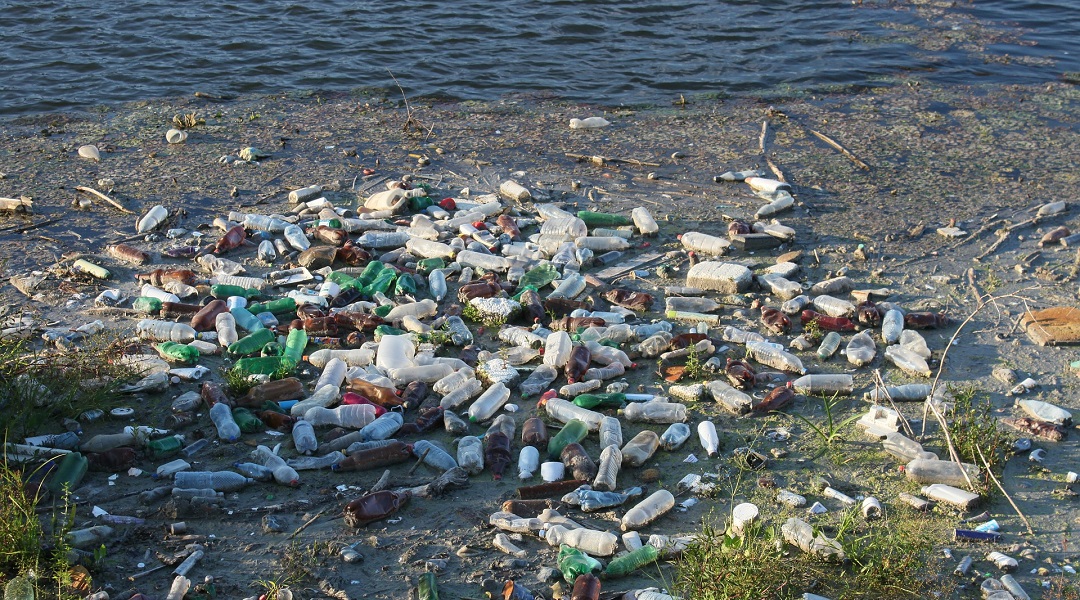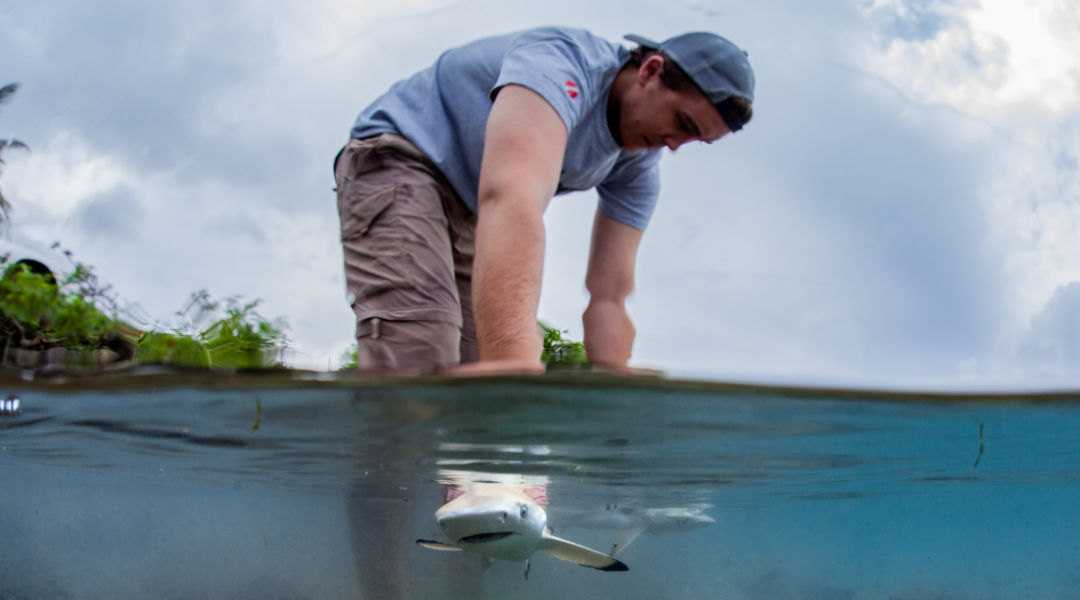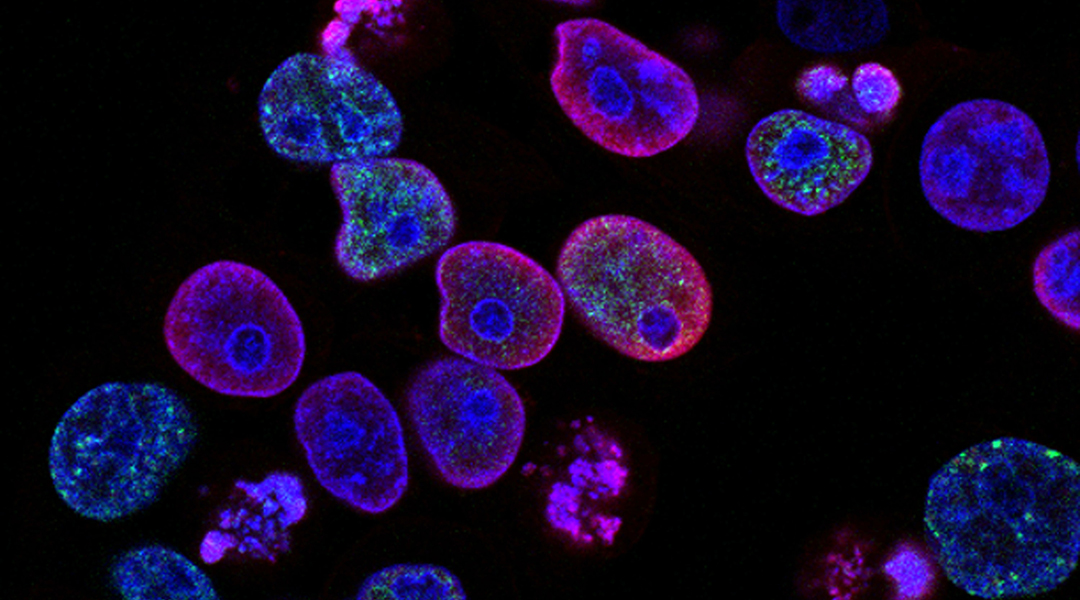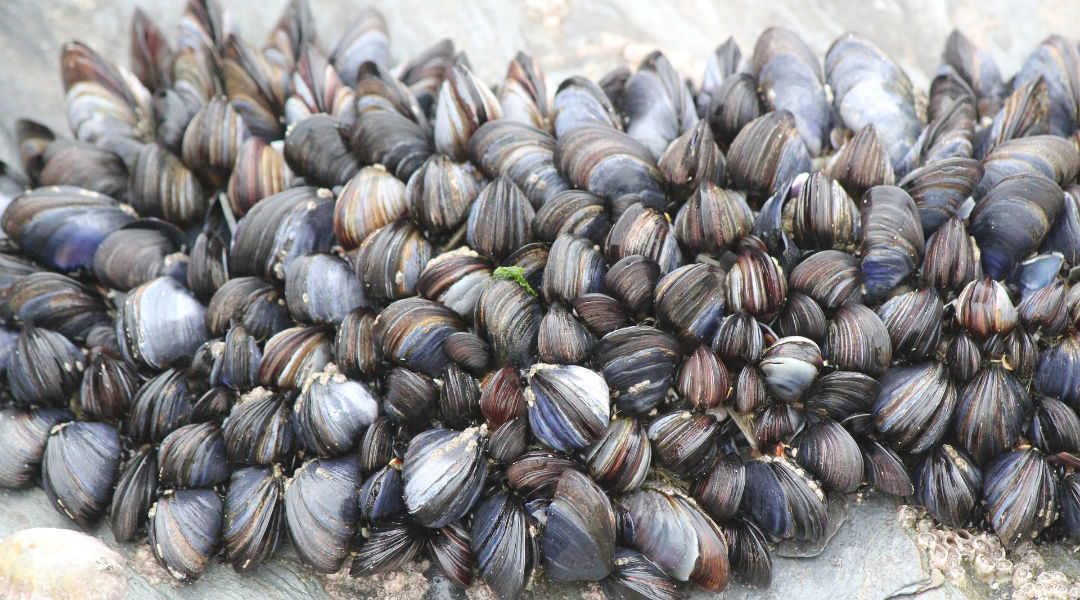Czech researchers developed self-propelled microrobots that decompose complex solid pollutants, such as single use and disposable textile fibers.


Czech researchers developed self-propelled microrobots that decompose complex solid pollutants, such as single use and disposable textile fibers.

Researchers combine waste vegetable oil and sulfur to create an eco-friendly, sturdy and lightweight cement substitute that can be remelted as often as desired.

Researchers have increased the efficiency of compressed air cars with the aid of phase change materials for heat recovery, making them a viable carbon-free alternative for future passenger cars.

Marine biologist Ian Bouyoucos investigated blacktip reef sharks in French Polynesia. In this interview, he reveals that not everything in this paradise is as it should be thanks to climate change.

Researchers have designed a gold-coated nanomotor that can be controlled by infrared irradiation for precise drug delivery in cells.

Cellulose-based energy storage devices could provide a viable solution to creating sustainable, inexpensive electronics.

Researchers created liquid-metal battery that works at room-temperature. It promises more power than today’s lithium-ion batteries and can charge and deliver energy several times faster.

Scientists design a stretchable, adhesive, self-healing material that can change color as a result of movement for real-time motion sensors.

Researchers design a photo-electrochemical reactor to produce affordable “green” hydrogen.

Researchers explore an alternative, green supercapacitor concept that relies on seawater and carbon fibers derived from waste cotton.